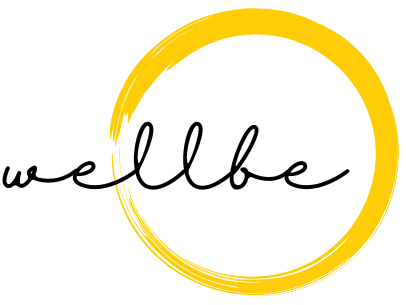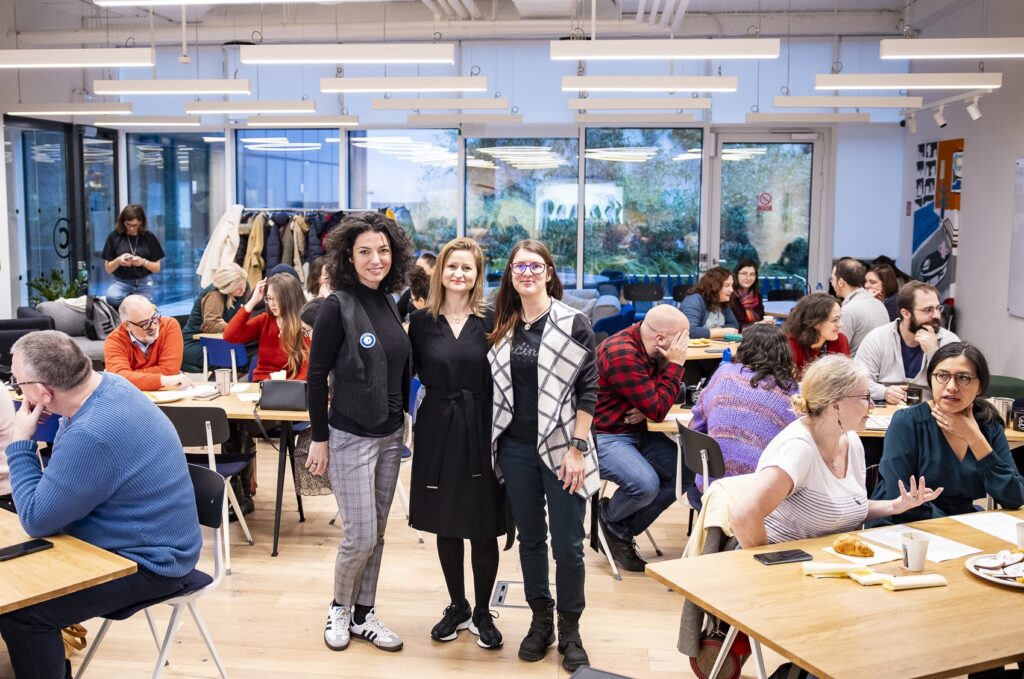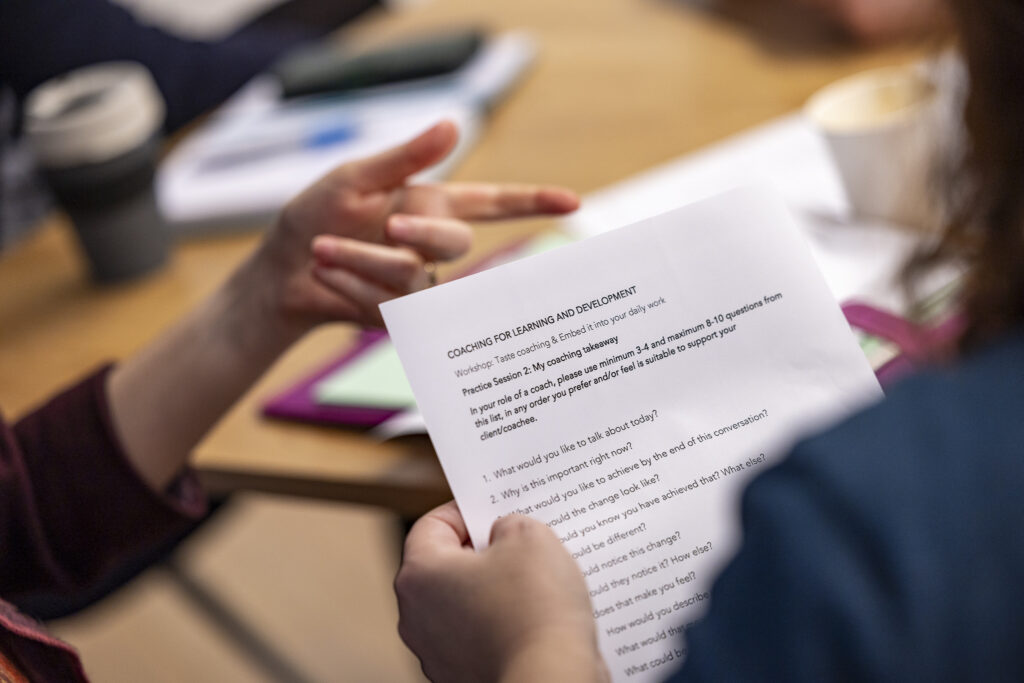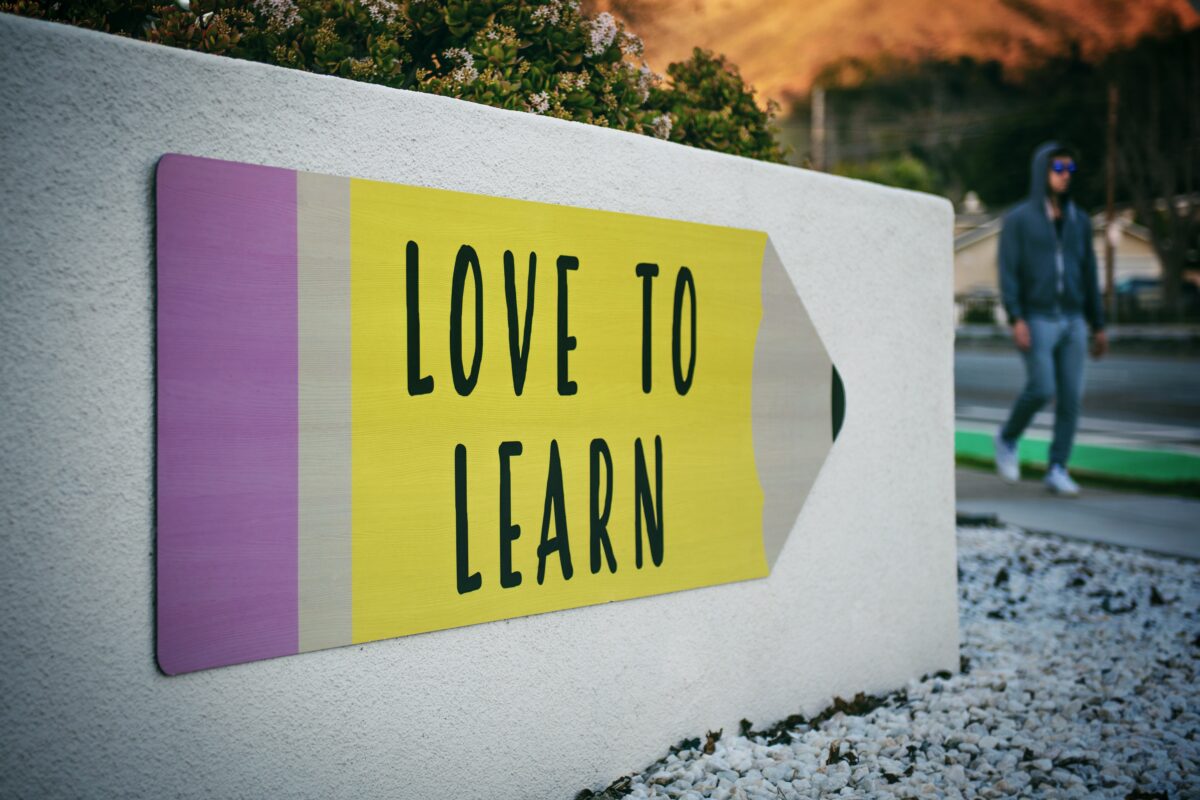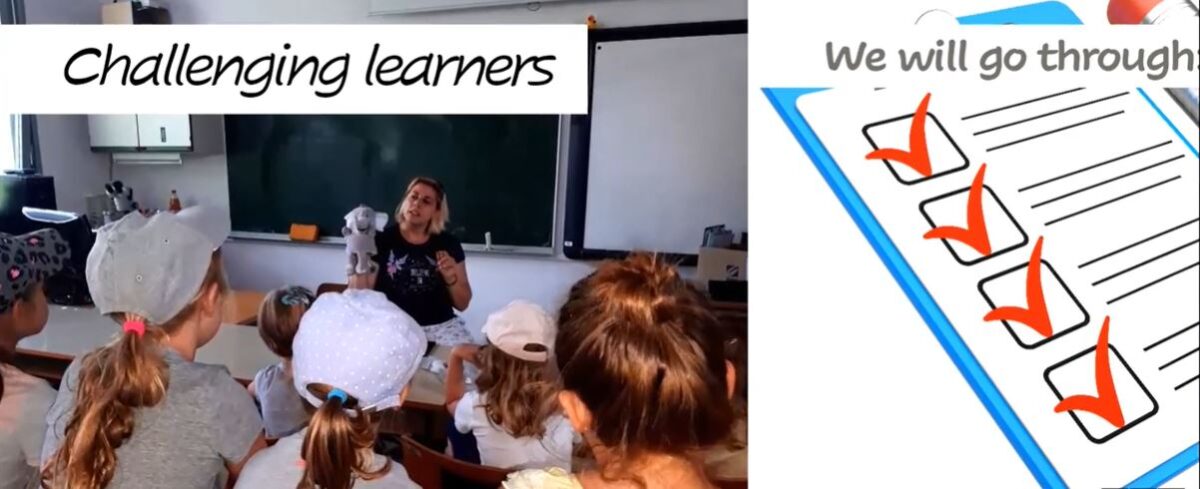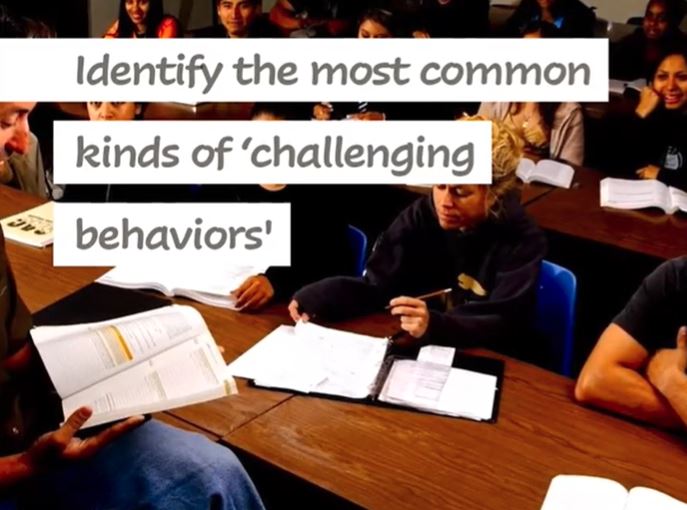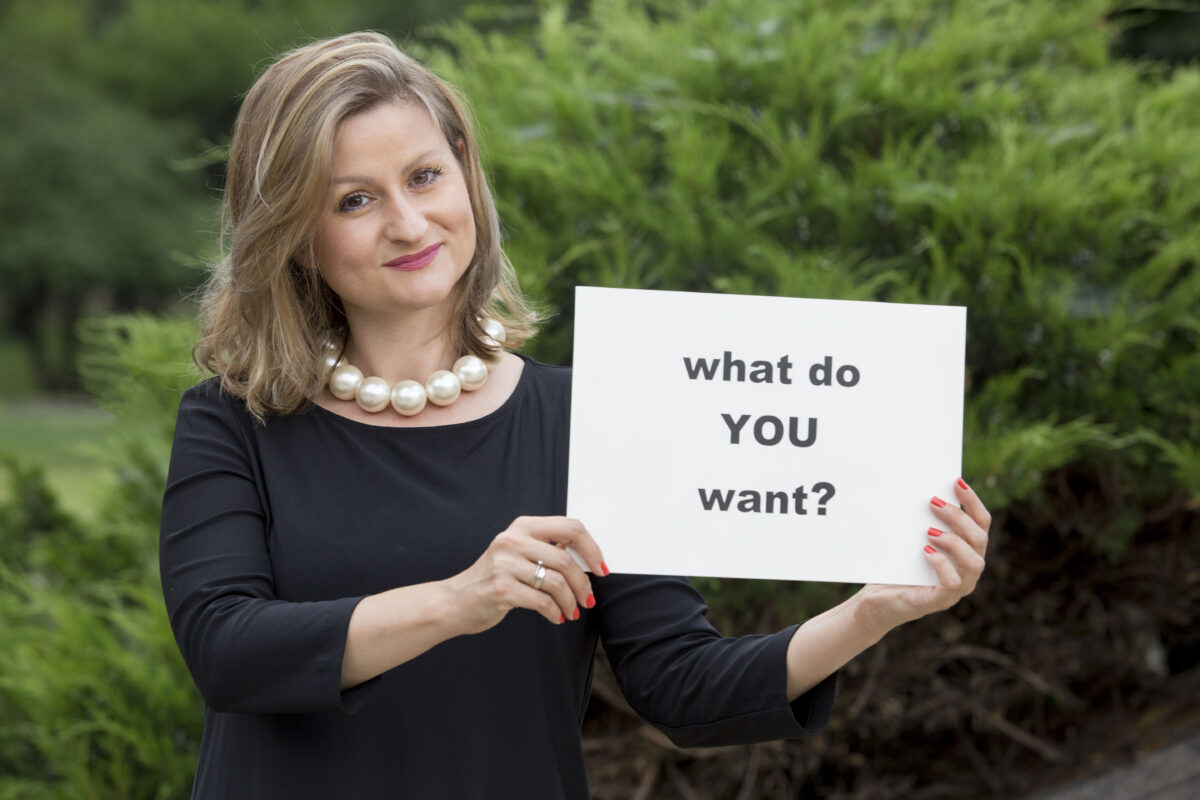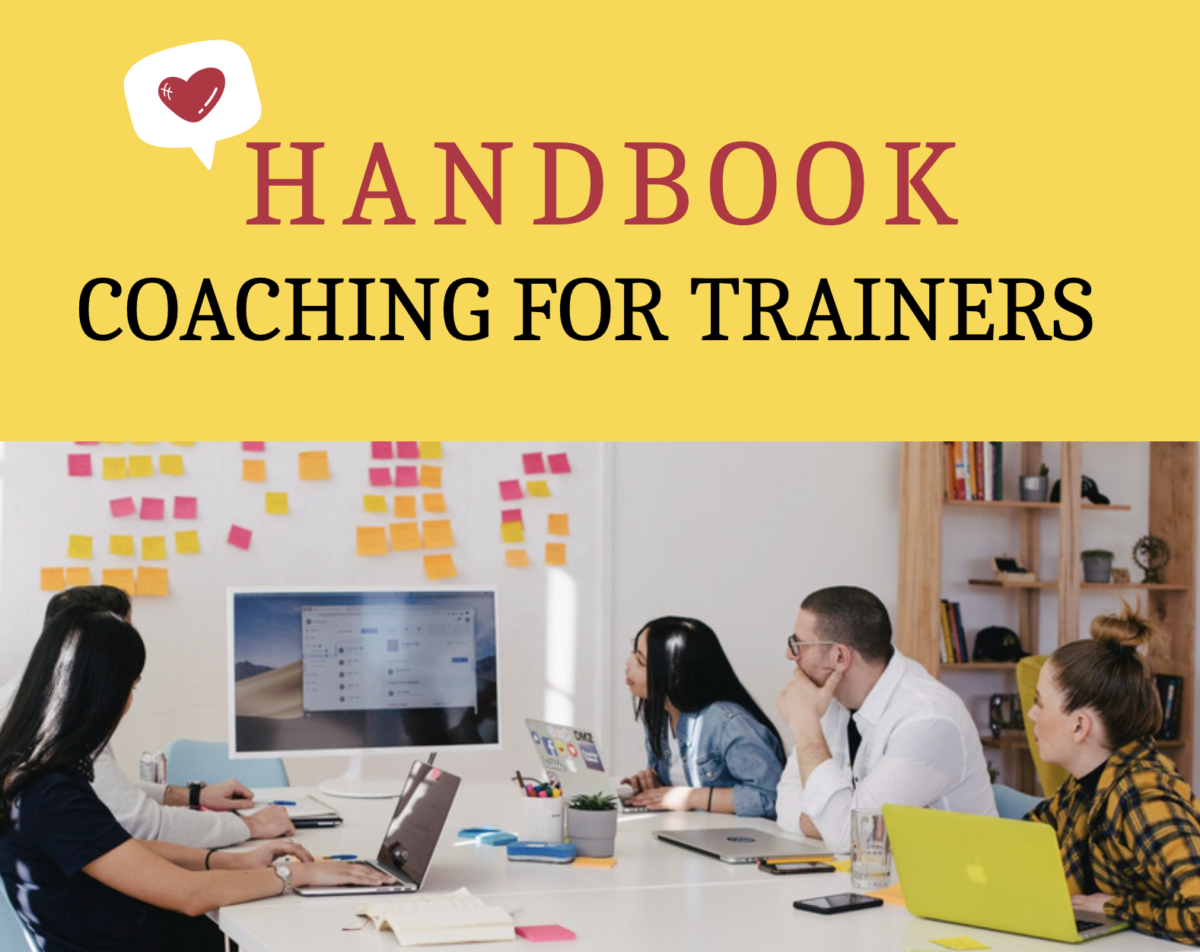The WellBE Video series has been shared with you, episode by episode, as part of the WellBE project. The primary aim was to expand upon the insights offered in the WellBe Handbook “Coaching for Trainers”, catering to the piloting cohorts of adult educators across Austria, Belgium, Bulgaria, and Serbia. This collection now serves as a readily accessible repository, just a click away, providing invaluable wisdom drawn from the worlds of training rooms, coaching practices, and adept facilitation.
Whether you’re an aspiring facilitator, adult educator, or someone on the path to becoming a coach, these videos are crafted to enhance your expertise and widen your horizons. We’re confident that, like us, you’ll find each interview moment enjoyable and enriching!
Episode 1 with Joanna Kurylońska, Ireland: Photography in Coaching
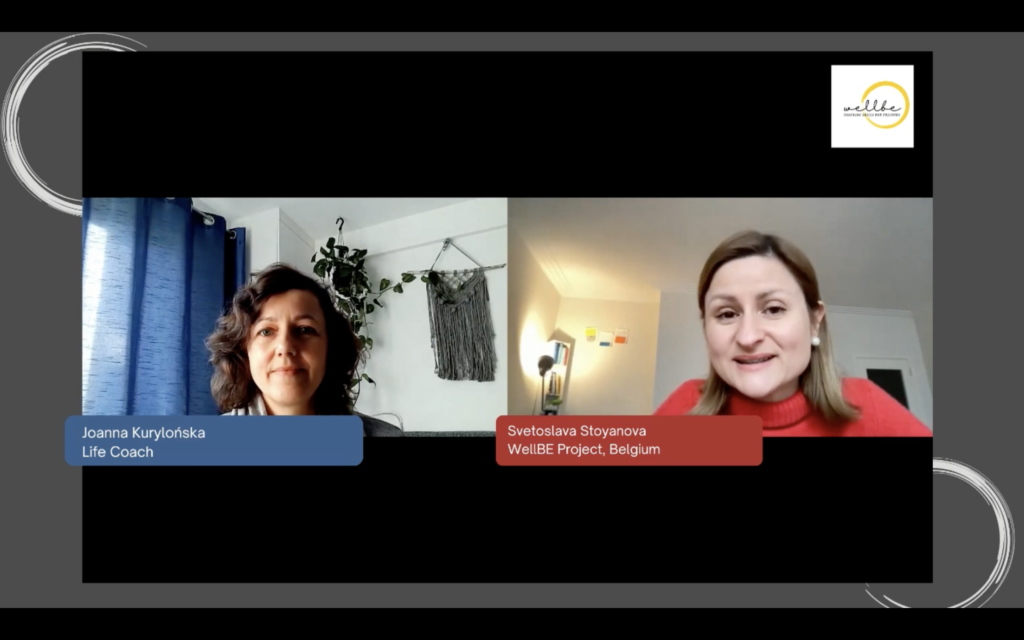
In Episode 1 of the Video Series, part of the WellBE Project, we have as a guest Joanna Kurylońska, an ICF ACC credentialed life coach, based in Ireland. Joanna is passionate about combining coaching and photography. She uses photography as a unique and creative tool to enhance the coaching process and the outcomes for her clients. Joanna also promotes photography as a tool for personal development and wellbeing, which is available for all. She believes that connection with others, nature and self is invaluable and this underpins her practice.
Link to watch the episode with guest Joanna Kurylońska: https://youtu.be/AY2YfdSgAmA?si=OebV2AHCljW7WvIO
Episode 2 with Cristina Mühl, Germany: Team Coaching

Cristina Mühl, PCC ICF, SP EMCC, ESIA is our guest in the episode 2 of the WellBE Video Series. She has more than 15 years experience in audit, advisory, and compliance leading and growing teams, working in more than 10 countries on 3 continents. As a leader in the field of coaching she works with individuals and teams to enhance their skills and support them in reaching their objectives. In this interview she and shares her view on how team coaching and training complement each other, what is her favorite coaching skill and how we can explore and test it in the practice of training, facilitation, and in life!
Link to watch the episode with guest Cristina Mühl: https://youtu.be/3Ou75R4Ak1g?si=CdXBQrGIVctX6xkC
Episode 3 with Irina Stefanova, Bulgaria: Energy Leadership

In Episode 3 we interview Irina Stefanova, Leadership Success Coach who is an expert in the so-called energy leadership. With a solid experience in strategic marketing management, analytical work and proven success of brands she developed, Irina turned to working towards empowering people & organisations. A CPC from iPEC (Institute for Professional Excellence in Coaching, ACC from ICF and Energy Leadership IndexTM Master Practitioner.
Link to watch the episode with guest Irina Stefanova: https://youtu.be/ZK97MjyyaPE?si=eCDgSg6xCuqGx3g8
Episode 4 with Dunja Milanković Poznić, Serbia: The joy of being a Coach
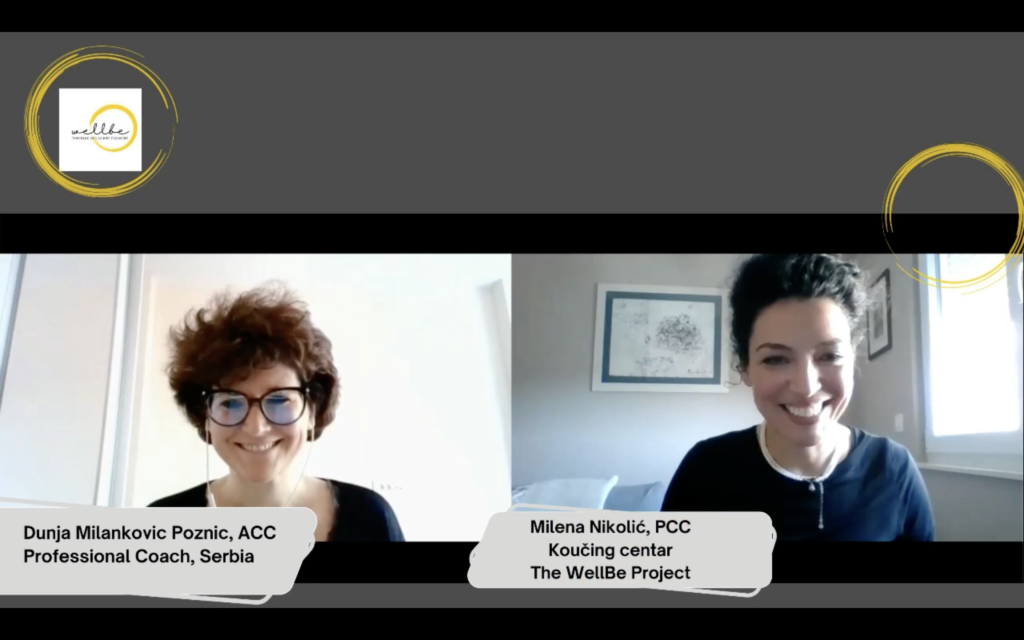
In Episode No 4 of the WellBE Video Series we have Dunja Milanković Poznić, an ICF PCC accredited coach, based in Serbia. Dunja in her work tends to combine knowledge and expertise as psychologist and psychotherapist with her business experience in HR. Due to this she is comfortable working as business and wellbeing coach. Trainings enable her to combine her passion for people development and learning with coaching mindset and nice flavor of having fun learning on the spot through role plays and simulations.
Link to watch the episode with guest Dunja Milanković Poznić: https://youtu.be/MoT3H76AUGE?si=bRrD-5KW47XFpuLx
Episode 5 with Katarina Bjelovic, Serbia: Top skills in Coaching

In this episode of the WellBE Interview Series we invited Katarina Bjelovic, an ICF PCC accredited business coach, based in Serbia. Katarina is rather creative as a person and strives to empower her clients’ creativity when it comes to expressing their thoughts and feelings – whether through metaphores and analogies, drawing, visuals, music, Lego. On the other hand, her coaching style is also rather solutions focused, which adds another type of dynamics into her sessions.
Link to watch the episode with guest Katarina Bjelovic: https://youtu.be/r5w2UVoVkPI?si=act_Q5PHto0ajAwc
Episode 6 with Frédérique te Dorsthorst-de Muij, The Netherlands: Narrative Coaching and the Art of Listening

As a consultant, trainer, speaker and narrative coach our guest in Episode 6 of the WellBE Video Series, Frédérique te Dorsthorst-de Muij from The Netherlands facilitates teams, organizations and individuals to discover the different stories that are active and alive. She collects and connects to the stories that are active and alive both in the organization and in individuals and makes people aware of the images and the meanings within those stories that impedes them to release their full inner power.
Link to watch the episode with guest Frédérique te Dorsthorst-de Muij: https://youtu.be/kAJtZtFbeu8?si=p6JOq6dVOJYfMaew
Episode 7 with Iana Avramova, Bulgaria: Creativity in Coaching and Training
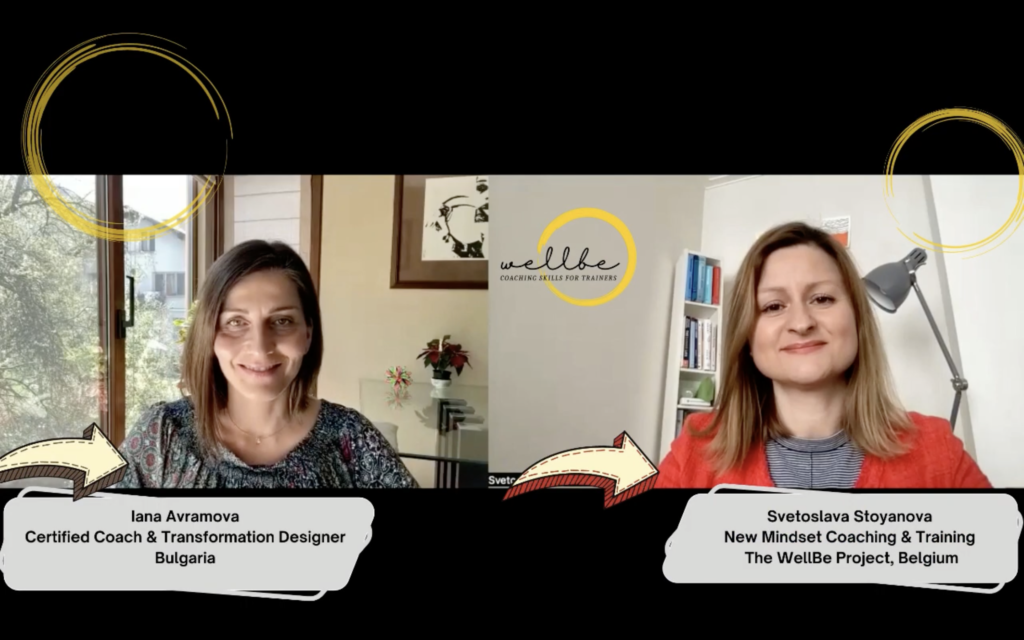
In this episode of the interview series, we prove that creativity is a skill and it can be learned. Full of inspiration series with our guest, who teaches us how to be authentic and creative in coaching, training, and in life! Iana Avramova is based in Bulgaria and is accredited Life & Executive Coach with 10+ years of managerial experience with multidisciplinary teams in Bulgaria and the Netherlands. Author of the European Award Winner for 2019 & 2020 Transformika Coaching Cards – a powerful tool for personal & professional growth, which she created during her first maternity leave, in search of support to the wellbeing of a new mom.
Link to watch the episode with guest Iana Avramova: https://youtu.be/kjKUIoboM_o?si=0BKXVHd_haXVyQfG
Episode 8 with Sonja Karbon, Austria: Mindful Leadership and Mastery in Training

In episode 8 of the interview series, we talk about mindful leadership, the presence of the trainer, and the magical skill that creates mastery in facilitation… but before all that, we meditate! This is an unusual episode which starts with brief yet effective check-in led by our guest. Sonja Karbon lives in Austria and has been a facilitator of trainings and workshops since 2009, focusing on mindfulness leadership, diversity and intercultural competence as well as personal development. Sonja is a lecturer at the MCI University of Applied Sciences and was selected by the European Commission for the EUwomen4future campaign in 2020.
Link to watch the episode with guest Sonja Karbon: https://youtu.be/fzK1rgUuIew?si=GeiJ0LVZMKpwtFNl
Episode 9 with Stien Michiels, Belgium: Embodiment and artistry in training and facilitation

In episode 9 of the WellBE Video Series we have Stien Michiels from Belgium. With her, we dive in the artistic work and embodiment in coaching, training, and facilitation. A seasoned leader and team consultant, our guest is certified embodiment coach, and a versatile artist who has illuminated countless spaces with her remarkable presence and skills. With nearly five decades of life experience, Stien possesses a unique blend of talents and expertise that she employs to support leaders, changemakers, and organizations during times of turbulence and change.
Link to watch the episode with guest Stien Michiels: https://youtu.be/-w46O17NXO0?si=NPz2RyWx0y3TEp3O
Episode 10 [episode 1 by BEST] with Sylvia Neumann, Austria: Discovering a specific field of coaching

In this interview with Sylvia Neumann, a professional life and social counsellor, mediator and supervisor, working in Austria, we have the opportunity to discover a specific field of coaching. The focus of her work is on helping individuals who are currently unemployed and/or looking for ways how to cope with difficulties and pressures related to such a particular situation.
Link to watch the episode with guest Sylvia Neumann: https://youtu.be/EnM3NNH7N1Q
Episode 11 [episode 2 by BEST] with Dinka Ahmic, Austria: Coaching for job-seeking

We had the pleasure of interviewing Dinka Ahmic, a colleague from the Austrian coaching and training community. Dinka has 15 years of experience working in the context of the Public Employment Service of Austria, specifically with unemployed individuals, as a group trainer and empowerment coach. In the interview, Dinka sheds light on the unique challenges and particularities of coaching in this area.
Link to watch the episode with guest Dinka Ahmic: https://www.youtube.com/watch?v=deRb2aRdRhg
In 2023, we had a bright group of 27 professionals learning how to embed coaching in their training portfolio on the basis of the WellBE Handbook.
We will be happy to have you as part of the next 2024 cohort. Express your interest HERE
